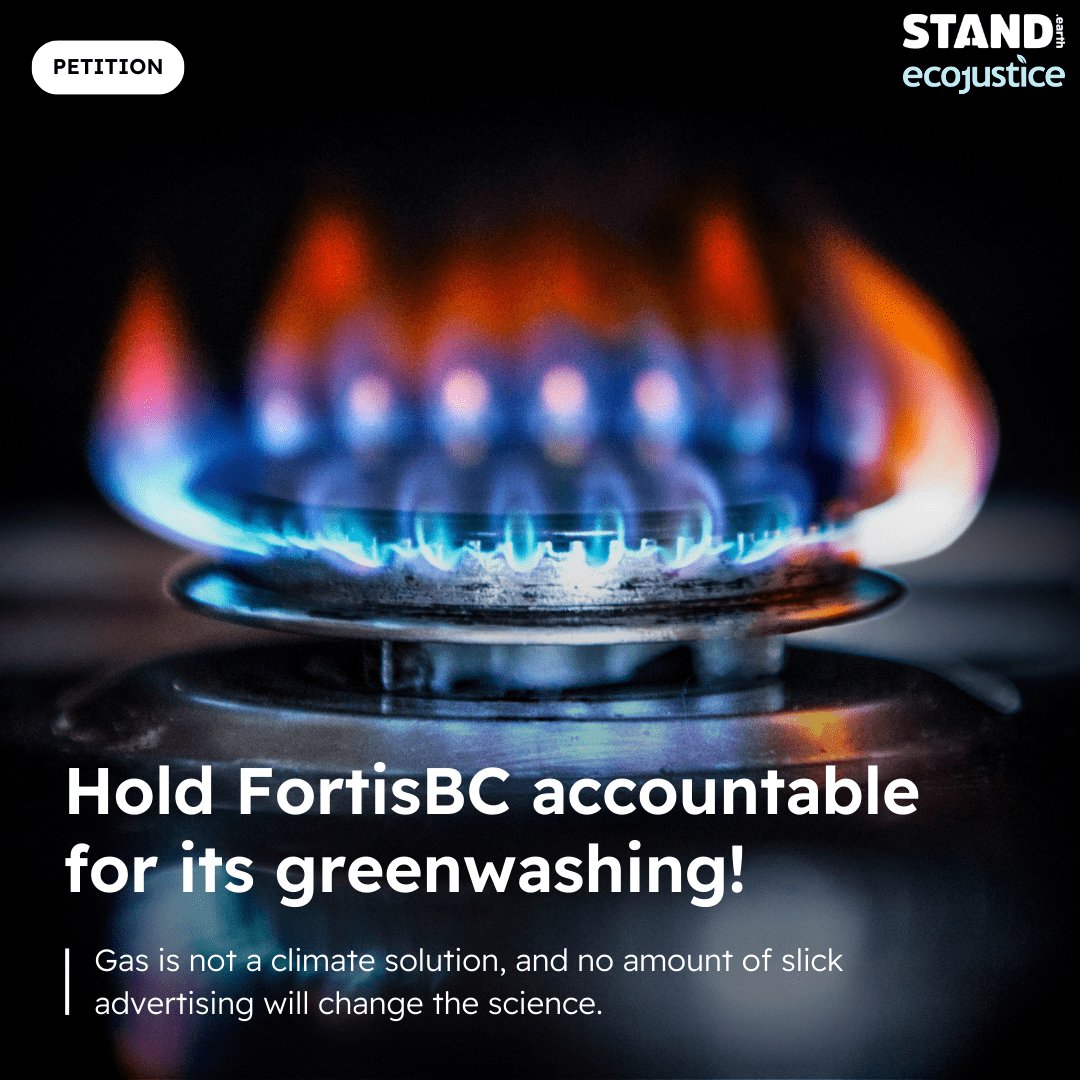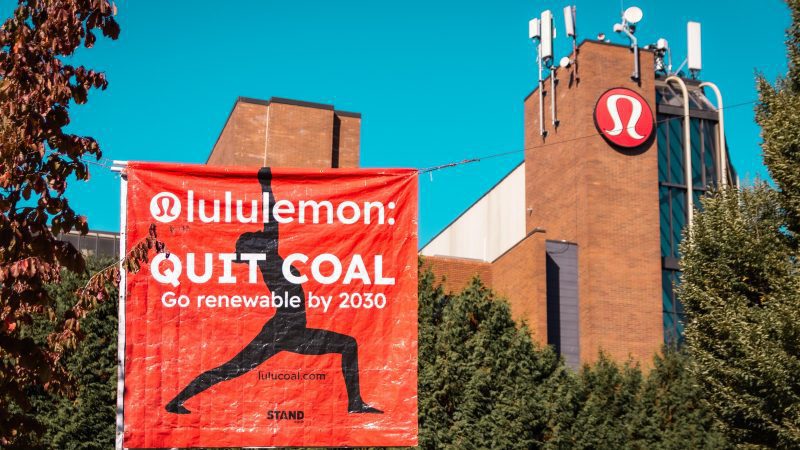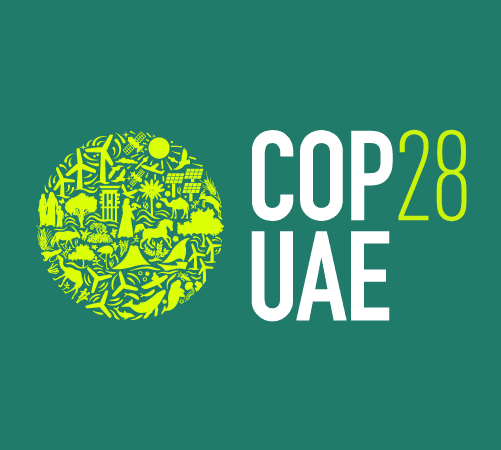What is greenwashing?
April 24, 2024
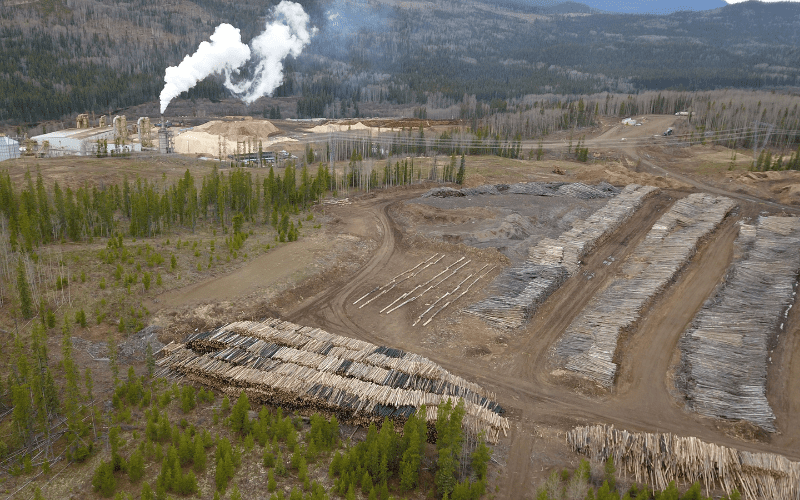
In today’s increasingly environmentally conscious world, people are looking for products and services that align with their values – and that’s great! However, many companies are quick to capitalize on this trend without actually doing the work, touting their products as “eco-friendly”, “sustainable”, or “green”, even when they’re not. In these cases, behind the facade of environmental responsibility, can lie a phenomenon known as greenwashing.
Greenwashing is the deceptive practice of making exaggerated or false claims about the environmental benefits or positive impact of a product, service, or company. It’s marketing manipulation to make the company look good and pretend that they’re environmental do-gooders without actually reducing the harm caused by its products or supply chains. Essentially, it exploits sustainable messaging in order to turn a profit.
The rise of greenwashing
The rise of greenwashing can be attributed to several factors. First and foremost is the growing awareness and concern for environmental issues among consumers. As people become more conscious of their ecological footprint, they may feel more inclined to buy products from companies that are environmentally friendly. This has created a lucrative market for companies to exploit since, more often than not, shopping sustainably can be more expensive.
As sustainability becomes a key focus for businesses worldwide, there’s intense pressure to be environmentally responsible, reduce impacts on communities, and shrink carbon footprints. In an effort to stay competitive and attract environmentally conscious consumers, companies may resort to greenwashing tactics. Take lululemon for example, an enormous athleisure brand marketing itself as a company that makes “products and actions avoid environmental harm and contribute to restoring a healthy plan’”. Moreover, one of its three core values is “Be Planet”. In reality, lululemon’s climate emissions have been on a steady rise for the past years as the company focuses on profits over people and the planet.
At Stand.earth, one of our key missions is to find companies that are guilty of egregiously greenwashing their products – and then hold them accountable. Take a look at just a few of the campaigns we’re currently working on:
Industries leveraging greenwashing
Lululemon
In February, we filed a complaint to the Anti-Competition Bureau – the consumer protection agency in Canada – accusing lululemon of greenwashing.
lululemon benefits from a carefully constructed image of environmental sustainability and wellness, and claims to make products that contribute to a healthy environment, making sustainability one of its business’s key pillars. In reality, as part of a harmful global fashion industry, lululemon’s exponential growth has been built on fossil fuels, including both in its manufacturing and the materials that its products are made from, and has a significant negative impact on the environment and the health of people and communities who live near its factories.
The company has used its “Be Planet” campaign to mislead customers into believing the company is taking serious climate action and “working to help create a healthier future” when in fact its climate emissions have skyrocketed. lululemon’s “Be Planet” sustainability marketing is an outrageous exercise in greenwash designed to cover up the company’s dangerously rising greenhouse gas emissions and devastating environmental impacts.
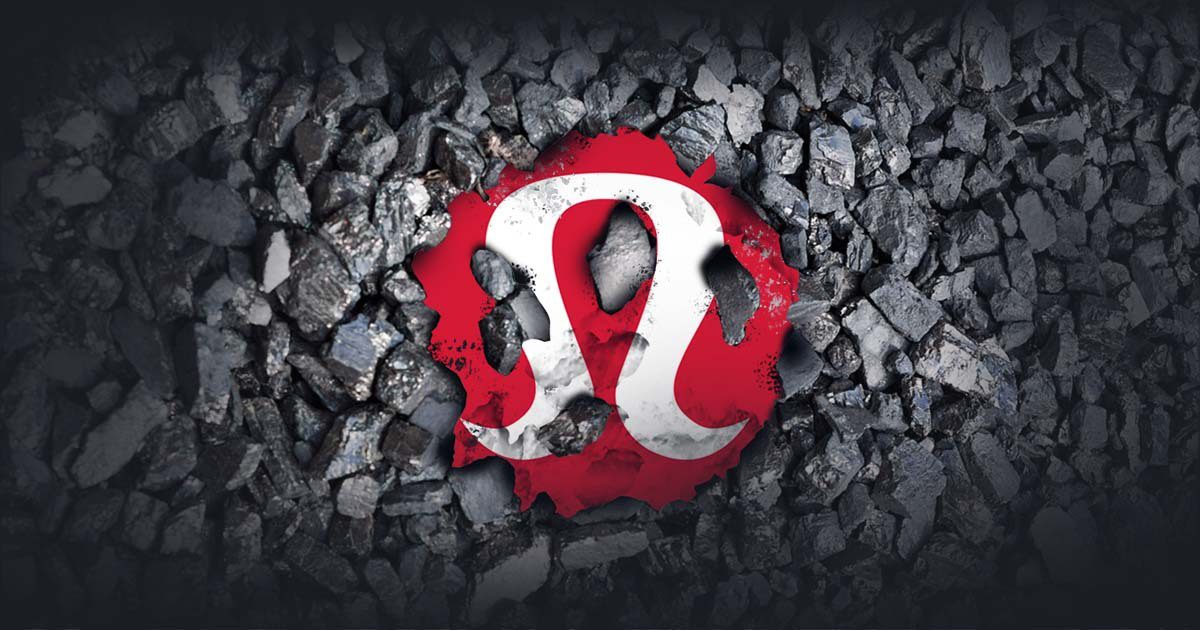
The “Be Planet” campaign and how it’s greenwashing
Since launching its “Be Planet” campaign and claiming that sustainability was one of its core pillars, its emissions have doubled. In 2022, its climate pollution was the equivalent of adding more than half a million cars to the road – no surprise there since lululemon’s leggings are still made in factories burning piles of coal for electricity.
lululemon isn’t just any brand – it’s a powerhouse in the fashion industry and has crafted a reputation that it cares deeply about and will shell out millions to protect. If the Competition Bureau decides to probe into lululemon, it holds the authority to levy fines of up to 3% of the company’s annual revenue – amounting to a substantial portion of its $8 billion US earnings.
This complaint could create a domino effect within the industry and cap the greenwashing trend that is becoming the go-to marketing tool for brands. We have to build unstoppable and unshakeable support behind this so fashion companies know that there are consequences for greenwashing. No company will want to be “lululemon-d”.
P.S After our complaint was filed and caused a media frenzy, lululemon hired Big Oil’s go-to PR firm – Edelman. Edelman also represents Exxon.
FortisBC
Stand.earth is currently involved in a first of its kind lawsuit to hold FortisBC, the largest provider of fossil (also known as “natural”) gas in British Columbia, accountable for greenwashing. Fossil gas is a climate super pollutant that is 86 times more potent than CO2 in the short term. Despite this, the gas giant is trying to paint itself as offering solutions to the climate crisis. Yes, really.
What it boils down to is that FortisBC is making deceptive claims about the cost, sourcing and environmental impact of its gas products. Most egregiously, the company is taking a small portion of its product – renewable natural gas (RNG) – and using that to justify its larger business model of expanding pipeline infrastructure to carry more and more fossil gas. On its own RNG, which is generally gas captured from landfills, waste treatment plants, and cow farms, isn’t a bad thing and has a role to play in hard to decarbonize sectors and as a back up power source for places like hospitals. One of the places where FortisBC strays into greenwashing is when it uses RNG as a justification for building more infrastructure to carry fossil gas primarily sourced from fracking wells.
Even the company’s own studies say that there isn’t and will never be enough RNG to meet broader consumer demand. But it appears the company sees a benefit in greenwashing its image and being perceived as a renewable energy company that deals primarily in RNG, not a fossil fuel company that is lobbying for increased consumption of fossil gas. The goal of our lawsuit is to stop it from getting away with deceiving the public like this.
RBC
The Royal Bank of Canada is Canada’s largest fossil fuel funder, and the second largest fossil fuel funder in the world, funding 250 billion USD in coal, oil and gas since the Paris Climate Agreement was signed in 2016. While Canada’s largest bank loves to portray itself as climate friendly, the truth couldn’t be farther from it. RBC is the only bank currently under investigation from Canada’s Competition Bureau for greenwashing and allegedly misleading the public over its climate advertising.
The Royal Bank of Canada is also becoming the fossil fuel lender of last resort, funding companies and fossil fuels that other banks are moving away from, like the tar sands. Without financing from banks like RBC, fossil fuel companies could not continue to increase pollution and oil and gas production. Ignoring the science, RBC bankrolls projects that accelerate climate change, and violate human rights and Indigenous sovereignty, even as we all experience extreme weather every day.
While RBC claims to be a good corporate actor, it continues to finance some of the most destructive projects around the world, entrenching police violence and environmental racism in Canada and globally. RBC finances projects like the Coastal GasLink pipeline and the East Africa Crude Oil Pipeline that are being resisted by Indigenous and Black land defenders who are fighting for justice, land sovereignty and a climate safe future for us all.
RBC may be ramping up its greenwashing, but we’re building a powerful movement led by Indigenous and frontline land and water protectors from Turtle Island to East Africa. Together, the many can defeat RBC and its dirty money once and for all.
How burning forests for electricity is greenwashing
The forest biomass industry, which is the burning of forests to generate electricity, is a prime example of greenwashing. Trees are logged, turned into pellets at mills, then burnt in power plants emitting incredible amounts of pollution but somehow it claims to be ‘clean’ and ‘renewable’. Although it has been promoted as a renewable energy solution that reduces carbon emissions and supports sustainable forestry practices, scientists have found that the burning of forests for electricity produces more CO2 at the smokestack than the coal it’s meant to replace.

Drax Pellet Mill in Burns Lake, British Columbia, Canada.
Logging old growth forests to burn and calling it “sustainable”
While biomass lobbyists like to use the argument that burning wood pellets is carbon-neutral because trees absorb carbon dioxide and they can replant trees – it’s not that easy. The rapid pace at which trees are logged in British Columbia and turned into pellets means that it can’t keep up with its destruction, especially in the case of irreplaceable old growth and other primary forests that capture and store far more carbon than the younger, less diverse forests that replace them can. In February 2024, the BBC dropped a bombshell – exposing coal-behemoth-turned-greenwashing energy company, Drax, for logging rare and irreplaceable old growth forests in British Columbia to burn for electricity.
The forest biomass industry is growing world-wide, as carbon-rich forests are degraded, chipped, and pelletized from Indonesia, Vietnam, to Northern B.C. and pellets are being used to power electricity grids in the UK, Japan, and elsewhere. Subsidies meant for real climate solutions are going to Drax, having received millions from the Canadian government and a shocking $7.6 billion USD in UK green subsidies to help it burn the world’s most precious forests. Although Drax spokespeople have fooled governments committed to meet climate targets into believing biomass is a clean energy source, the science shows it’s a false climate solution.
Expanding fossil fuels to fight climate change
LNG is anything but a clean energy alternative, but fossil fuel lobbyists have now spent millions of dollars trying to greenwash LNG as a “transition fuel”, falsely claiming it will help lower global greenhouse gas emissions by displacing carbon-intensive energy sources like coal. In truth, the lifecycle emissions from LNG make it far more polluting than coal due to its tendency to leak methane – a powerful and potent greenhouse gas – at every step of the extraction, transportation and use.
Another big fossil fuel marketing machine in Canada is called the Pathways Alliance, representing Canada’s six largest tar sands producers (Suncor, Cenovus, ConocoPhillips, Canadian Natural Resources, MEG Energy, and Imperial Oil). As part of their latest strategy to sway public opinion, when Canadians now Google-search for information about “greenwashing” itself, in one of the top results you’ll see sponsored content from the Pathways Alliance claiming that they “are working to reduce carbon emissions from oil sands.” In fact, Canadian oil and gas emissions grew 13 percent last year, according to federal regulators, and are likely vastly underestimated in official counts.
Greenwashing strategies from oil and gas aren’t only targeting consumers – they’re targeting elected officials too. By May 2024, the Canadian Association of Petroleum Producers (CAPP) had already met with department officials and federal MPs at least 30 times, and the Pathways Alliance met with government officials at least 23 times. It’s time for a national ban on misleading fossil fuel advertisements, and for big polluters to be held accountable for their role in worsening our climate crisis.
Here at Stand.earth, we’re working hard to combat corporate greenwashing and to hold major corporations accountable for their misleading environmental claims. Together, we’ll expose these companies, advocate for transparency and accountability, and push for genuine climate solutions.

